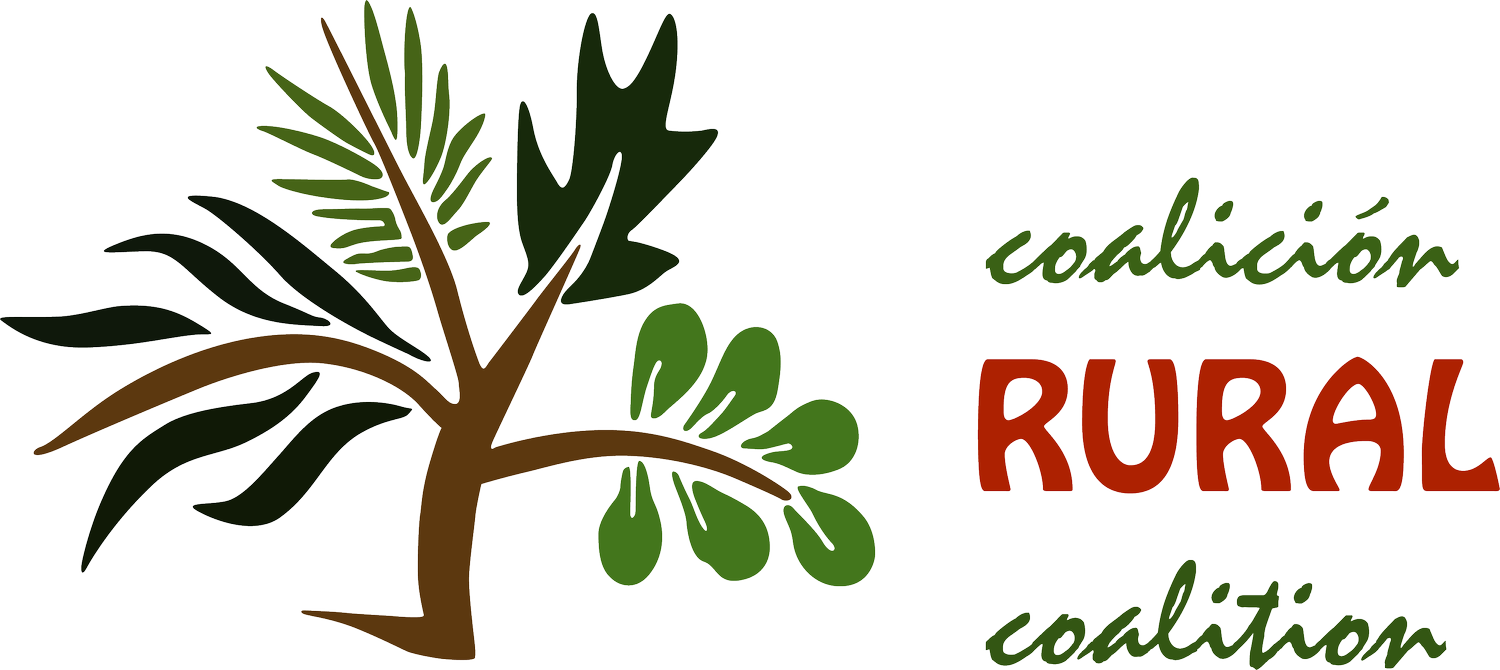FARMER FRIDAY: BARBARA SHIPMAN FROM RRBG FARM!
Barbara with the children of some of the farmers from Flats Mentor Farm.
In 2006 or so, Barbara and Roy Shipman returned to become fifth generation farmers on land in Barbour County that has been in Roy’s family since 1862. Over the years, this land had become overgrown, but the Shipmans’ determination and vision have made the space thrive again.
Initially, Barbara reflects, they began with 175 goats, “that’s where the money was.” Today, RRBG Farm is comprised of 40 acres, 27.5 of which is organic produce. They still have goats, but only five that their nieces and nephews show for 4-H. Their fields are abundant with collard greens, tomatoes, cilantro, peppers, herbs: you name it! The farm is GAP Harmonized Certified, and, around 2009, the Shipmans received funding through USDA’s Environmental Quality Incentives Program (EQIP) to improve their irrigation system.
The real life of the operation, Barbara explains, is driven by youth. Barbara and Roy began engaging young people in their farm when their nieces and nephews started growing their own crops to sell at a local farmers’ market. Last summer, Barbara and Roy launched Alabama’s first-ever “Agricultural Bootcamp”: a particularly appropriate name, given Barbara is both a farmer and a veteran. Kids ages ten through eighteen from eight different counties participated. “The Pollinators,” as Barbara calls them, learned technical practices, like how to install irrigation and test soil. They also delved into topics like risk management, and opened their own savings accounts. “These kids learned what it means to have their own businesses,” Barbara tells us.
Barbara in Atrisco, NM helping to train other Veteran farmers in the Rural Coalition
The Pollinators were not only excited about farming as a career interest; they also developed a taste for the food they’re growing. Barbara describes how initially the kids weren’t psyched about munching on collard greens for lunch. “Now they love to eat salad,” she exclaims. “Sometimes they just make a snack of fresh tomatoes instead of eating sweets!”
Barbara is motivated to continue educational farming programs like these because she recognizes the power derived from growing your own fresh food.
At RRBG Farm, Barbara monitors pesticides, insecticides, and water. “We watch our food every day, and we nurture that food to maturity, to harvest, to [the market],” she explains. “It is vitally important to know where your food comes from.”
Barbara describes this as the foundation of food sovereignty; that is, to be be proud knowing you can grow your own culture’s food.” And this power ties back to the land. Caring for soil health and saving seeds to use the following growing season are integral to the holistic vision for food sovereignty Barbara describes. “Take care of the land, of the soil, of the water…[the land] will produce what it needs to produce.”
RRBG Farm is a proud member of the Rural Coalition, and Barbara is quick to note. “I just love the Rural Coalition family.” We at Rural Co applaud the work of the RRBG and eagerly await the next generation of food sovereignty champions they are cultivating!
To meet more of our farmers and ranchers, follow us @ruralco, and like us on Facebook. To support a federal Farm Bill that benefits all our diverse farmers and ranchers, sign up for our e-updates. Please consider making a $5 donation to support our work with our farmers. Your contribution of any amount to support our work is also so appreciated. Please see the link here if you would like to make a contribution.


